Key Symptoms of Vitamin E Deficiency
Common symptoms of vitamin E deficiency can affect multiple body systems
Vitamin E deficiency can manifest in various ways, affecting your nervous system, muscles, and overall health. Recognizing these symptoms early can help you address the deficiency before it leads to more serious complications.
Neurological Symptoms
- Peripheral neuropathy: Numbness and tingling in the hands and feet due to nerve damage
- Coordination difficulties: Problems with balance and walking due to damage to nerve fibers
- Muscle weakness: Reduced strength and endurance in muscles, making daily activities more challenging
- Ataxia: Loss of full control of bodily movements, affecting precision and coordination
Vision and Eye Health
- Vision deterioration: Gradual loss of visual acuity due to damage to light receptors in the retina
- Night blindness: Difficulty seeing in low-light conditions
- Retinal damage: Weakening of cells in the eye that can lead to permanent vision problems
Other Physical Symptoms
- Weakened immune system: Increased susceptibility to infections and illnesses
- Dry, flaky skin: Changes in skin texture and appearance due to reduced protection against oxidative stress
- Hair loss: Weakening of hair follicles leading to increased breakage and loss
Who is at risk? Certain groups are more likely to develop vitamin E deficiency, including premature infants with low birth weight, people with fat malabsorption disorders (like Crohn’s disease, celiac disease, or cystic fibrosis), and those with certain genetic conditions that affect fat metabolism.
Common Causes of Vitamin E Deficiency
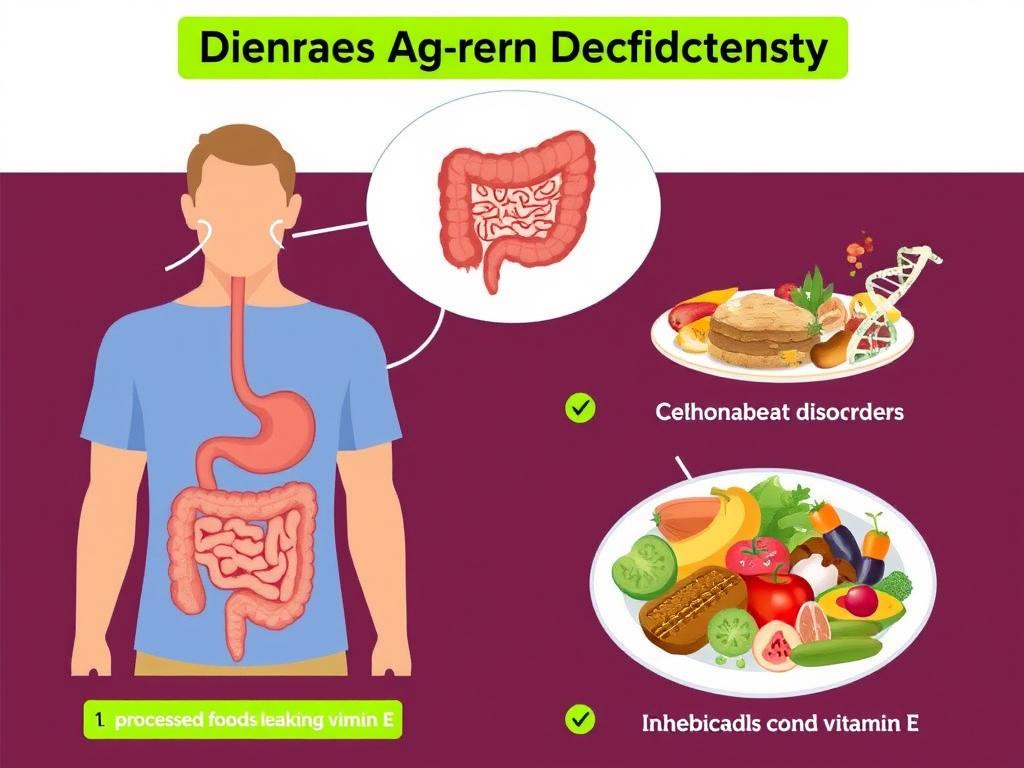
Understanding what causes vitamin E deficiency can help you address the root issues and prevent future deficiencies. Here are the most common factors:
Dietary Factors
One of the primary causes of vitamin E deficiency is a diet low in this essential nutrient. Since vitamin E is fat-soluble, your body requires dietary fat to properly absorb it. Diets that are extremely low in fat or rely heavily on processed foods often lack sufficient vitamin E.
Malabsorption Disorders
Several medical conditions can interfere with your body’s ability to absorb fat and fat-soluble vitamins like vitamin E:
- Crohn’s disease: Inflammation in the digestive tract that can prevent proper nutrient absorption
- Celiac disease: An immune reaction to gluten that damages the small intestine
- Cystic fibrosis: A genetic disorder that affects the lungs and digestive system
- Chronic pancreatitis: Inflammation of the pancreas that can interfere with digestion
- Cholestatic liver disease: Conditions that reduce or stop the flow of bile
Genetic Factors
In rare cases, vitamin E deficiency can be caused by genetic conditions that affect how the body processes and utilizes this nutrient:
- Abetalipoproteinemia: A rare inherited disorder that prevents the body from fully absorbing dietary fats and fat-soluble vitamins
- Ataxia with vitamin E deficiency (AVED): A genetic condition that affects the body’s ability to use vitamin E effectively
Natural Ways to Fix Vitamin E Deficiency

Incorporating vitamin E-rich foods into your diet is the most natural way to address deficiency
Addressing vitamin E deficiency naturally primarily involves dietary changes and lifestyle adjustments. Here are effective ways to increase your vitamin E levels without relying solely on supplements:
Top Dietary Sources of Vitamin E
Nuts and Seeds
- Sunflower seeds: 7.4 mg per 1 oz (49% of daily value)
- Almonds: 6.8 mg per 1 oz (45% of daily value)
- Hazelnuts: 4.3 mg per 1 oz (28% of daily value)
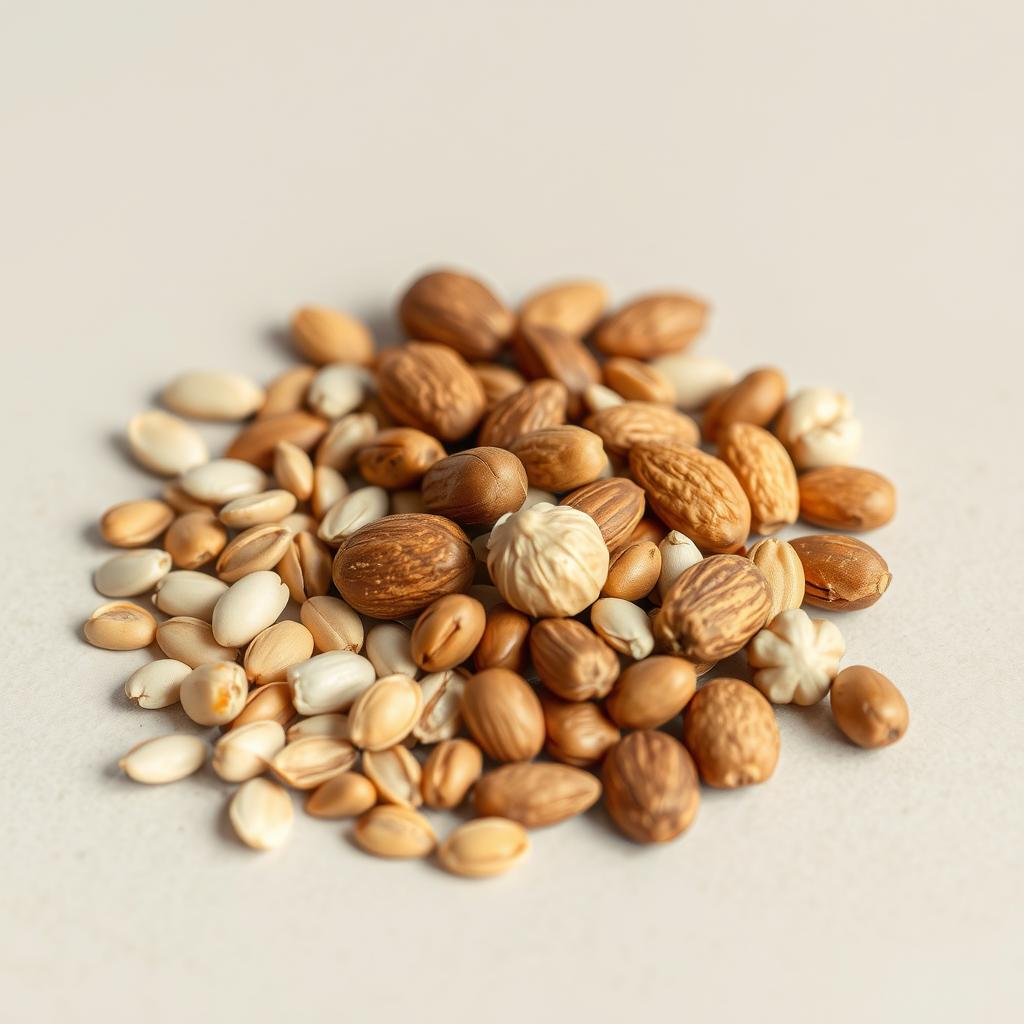
Vegetable Oils
- Wheat germ oil: 20.3 mg per tablespoon (135% of daily value)
- Sunflower oil: 5.6 mg per tablespoon (37% of daily value)
- Olive oil: 1.9 mg per tablespoon (13% of daily value)
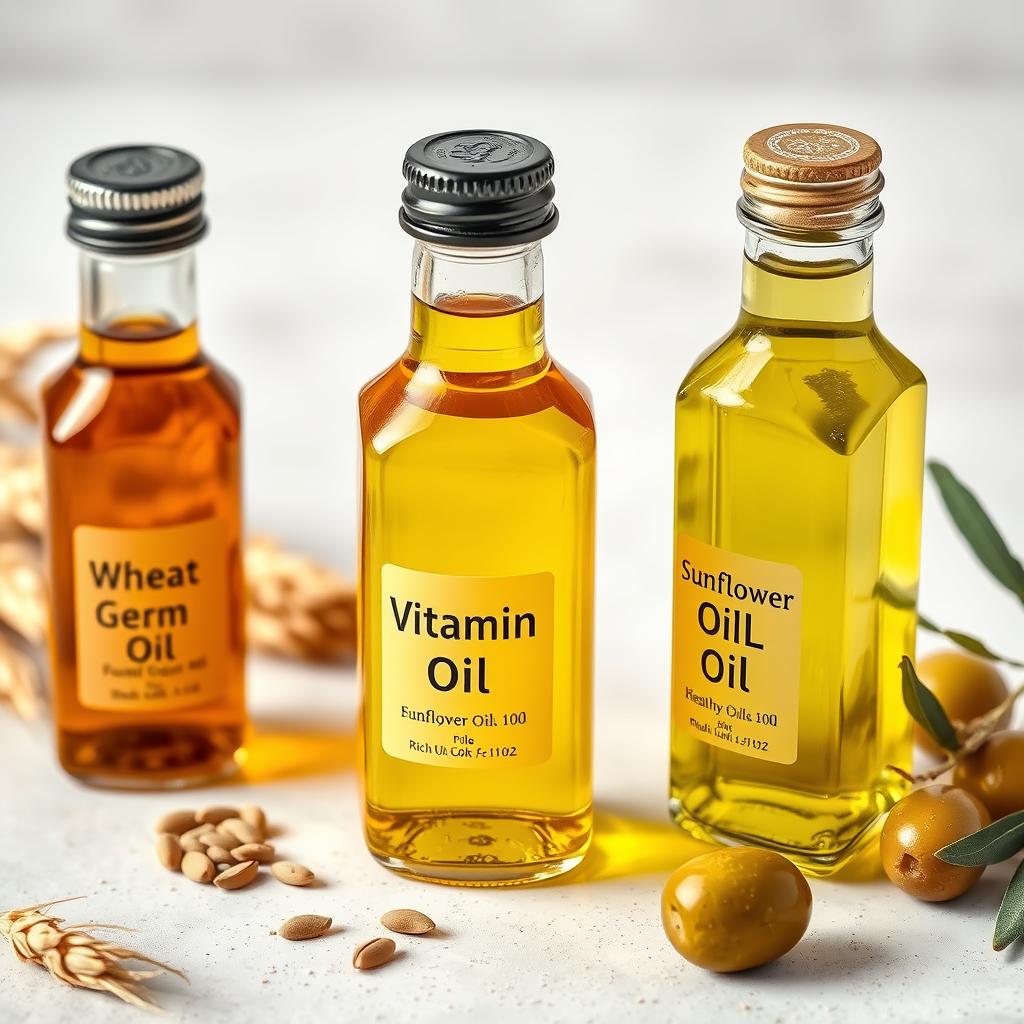
Leafy Greens
- Spinach: 0.6 mg per cup, cooked (4% of daily value)
- Swiss chard: 0.6 mg per cup, cooked (4% of daily value)
- Turnip greens: 0.6 mg per cup, cooked (4% of daily value)
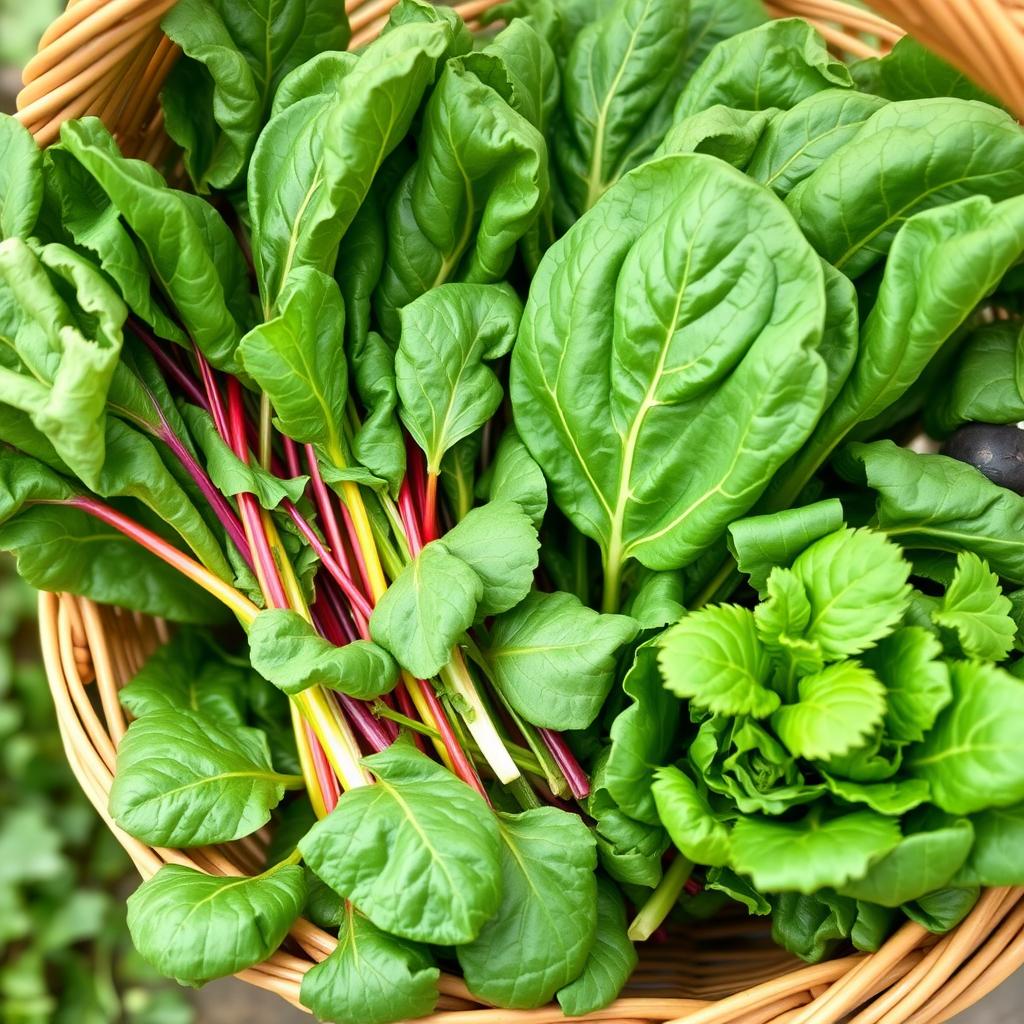
Other Good Sources
- Avocados: 2.1 mg per avocado (14% of daily value)
- Red bell peppers: 1.9 mg per pepper (13% of daily value)
- Fortified cereals: Varies by brand (check labels)
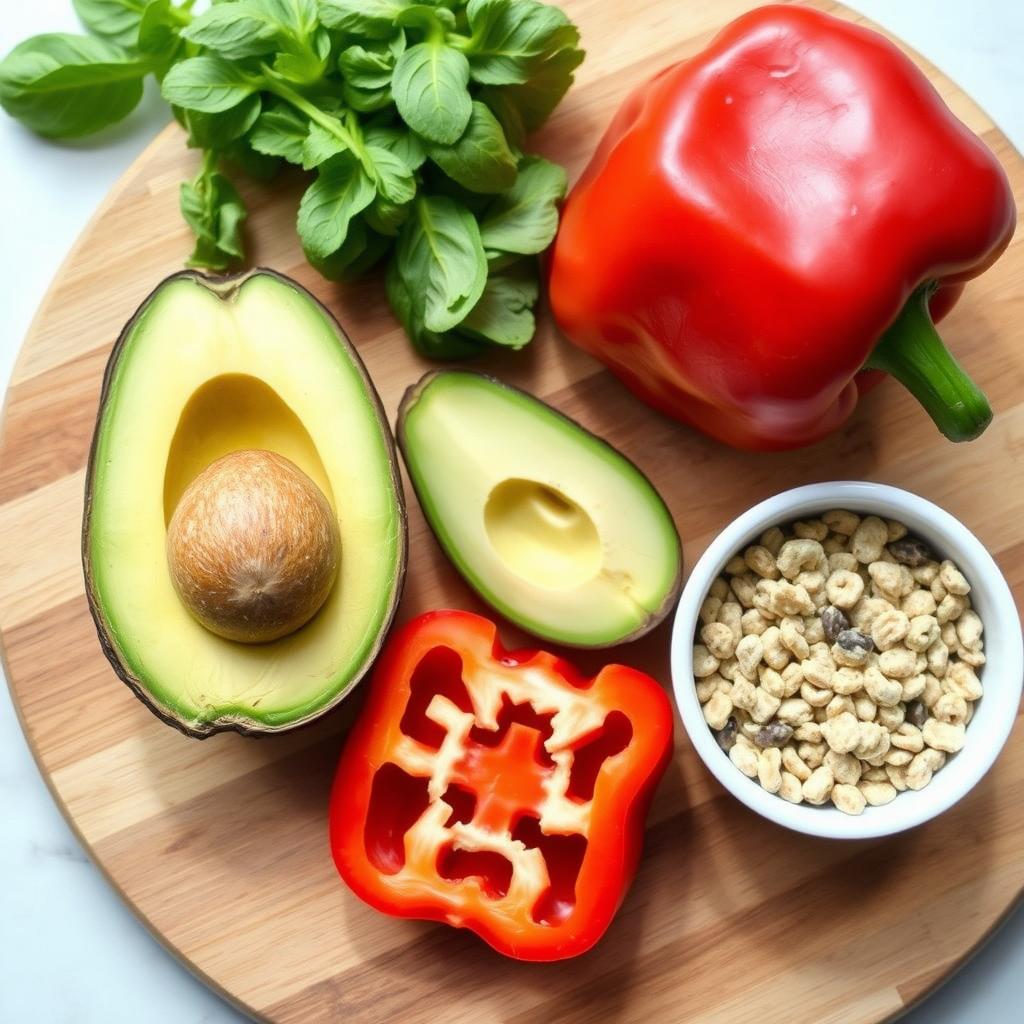
Cooking Tips to Preserve Vitamin E
Vitamin E can be destroyed by high heat and prolonged cooking. Here are some tips to maximize vitamin E content in your meals:
- Use low to medium heat when cooking with oils rich in vitamin E
- Steam or lightly sauté vegetables instead of boiling them
- Add nuts and seeds to dishes after cooking
- Store oils in dark bottles away from direct sunlight
- Consume fresh produce quickly after purchase
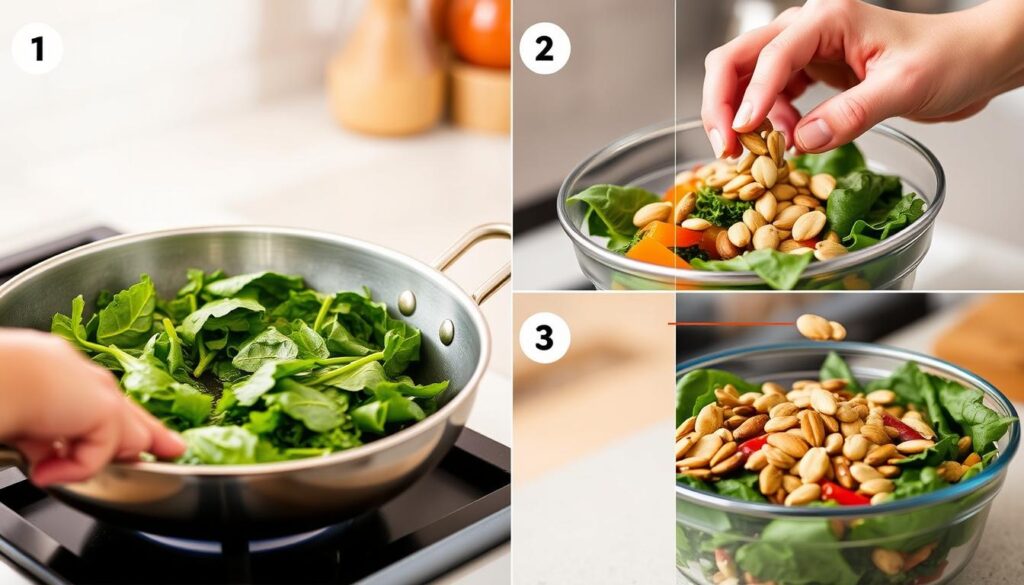
Gentle cooking methods help preserve vitamin E content in foods
Lifestyle Adjustments to Support Vitamin E Absorption
Beyond diet, certain lifestyle changes can help your body better absorb and utilize vitamin E:
- Manage stress: Chronic stress can deplete antioxidants like vitamin E
- Avoid smoking: Smoking increases oxidative stress and vitamin E requirements
- Limit alcohol consumption: Excessive alcohol can interfere with fat absorption
- Exercise regularly: Moderate exercise improves circulation and nutrient distribution
- Address underlying digestive issues: Work with a healthcare provider to manage conditions that affect nutrient absorption
When to Consider Vitamin E Supplements
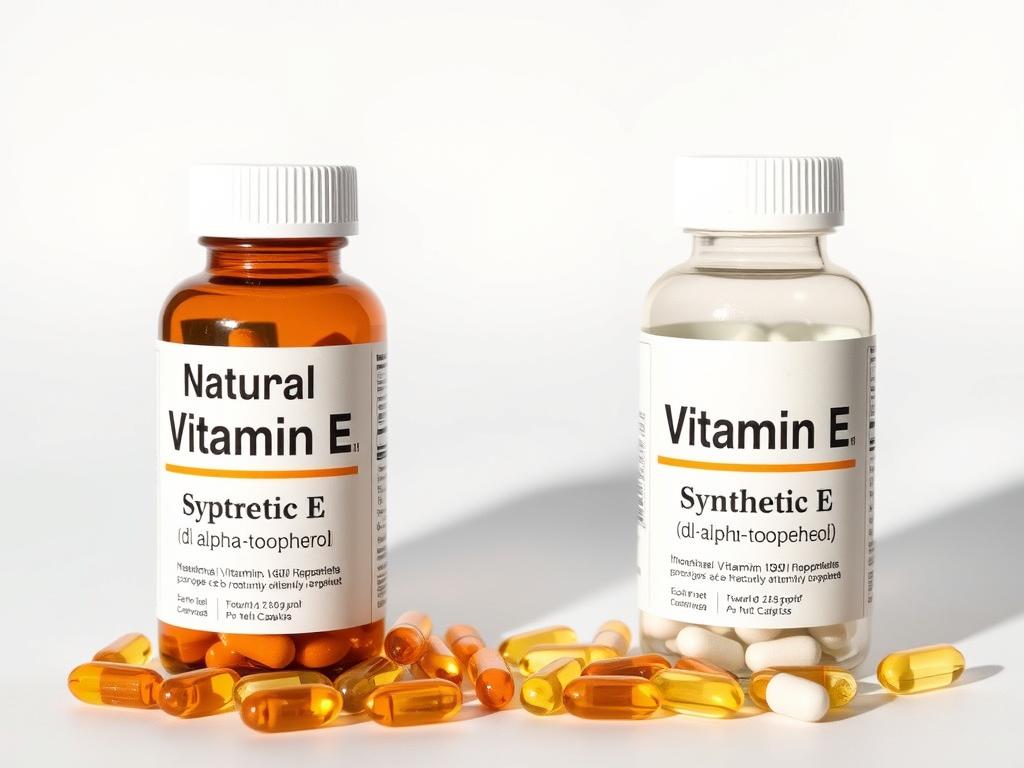
Natural vitamin E supplements (d-alpha-tocopherol) are generally better absorbed than synthetic forms (dl-alpha-tocopherol)
While getting nutrients from food is ideal, supplements may be necessary in some cases. Here’s what you need to know about vitamin E supplementation:
Who Should Consider Supplements
- People with diagnosed vitamin E deficiency
- Individuals with malabsorption disorders like Crohn’s disease, celiac disease, or cystic fibrosis
- Those with genetic conditions affecting vitamin E metabolism
- People on very low-fat diets who struggle to get enough vitamin E from food
Natural vs. Synthetic Forms
Not all vitamin E supplements are created equal:
- Natural vitamin E (d-alpha-tocopherol) is better absorbed and retained by the body
- Synthetic vitamin E (dl-alpha-tocopherol) is less bioavailable and may not be as effective
- Look for supplements that contain mixed tocopherols for better overall benefits
Important Dosage Warning: The recommended daily allowance (RDA) for vitamin E is 15 mg (22.4 IU) for adults. High doses (over 1,000 mg/day) can increase the risk of bleeding, especially if you’re taking blood thinners. Always consult with a healthcare provider before starting any supplement regimen.
How to Choose a Quality Supplement
- Look for products tested by third-party organizations (USP, NSF, or ConsumerLab)
- Choose supplements free from unnecessary fillers and additives
- Consider liquid forms for better absorption, especially if you have digestive issues
- Select products that specify the source and form of vitamin E
Frequently Asked Questions About Vitamin E Deficiency
Can vitamin E deficiency cause hair loss?
Yes, vitamin E deficiency can contribute to hair loss. As an antioxidant, vitamin E helps protect hair follicles from oxidative stress and damage. When levels are low, hair follicles can weaken, leading to increased breakage and hair loss. Additionally, vitamin E supports healthy scalp circulation, which is essential for hair growth. Addressing the deficiency through diet or supplements may help improve hair health over time.
How long does it take to correct vitamin E deficiency naturally?
The time needed to correct vitamin E deficiency varies depending on the severity of the deficiency and individual factors. With dietary changes alone, mild deficiencies may improve within 1-3 months. More severe deficiencies or those caused by malabsorption disorders may take longer and might require supplements in addition to dietary changes. Regular monitoring by a healthcare provider can help track progress and adjust treatment as needed.
Can vitamin E deficiency affect fertility?
Research suggests that vitamin E plays a role in reproductive health for both men and women. In men, vitamin E deficiency may affect sperm quality and motility. In women, it may impact egg quality and hormonal balance. While more research is needed, ensuring adequate vitamin E levels through a balanced diet rich in nuts, seeds, and healthy oils may support overall reproductive health and fertility.
Restoring Balance: The Path Forward

A balanced approach to nutrition is key to maintaining optimal vitamin E levels
Addressing vitamin E deficiency is about more than just eliminating symptoms—it’s about restoring balance to your body’s systems. By incorporating vitamin E-rich foods into your daily diet, making supportive lifestyle changes, and using supplements when necessary, you can help your body maintain optimal levels of this essential nutrient.
Remember that prevention is always better than treatment. Regular health checkups, a varied diet rich in whole foods, and awareness of your body’s signals can help you catch and address nutritional imbalances before they lead to more serious health issues.
If you suspect you have a vitamin E deficiency, especially if you’re experiencing neurological symptoms or have a condition that affects nutrient absorption, consult with a healthcare provider for proper diagnosis and personalized guidance.
Take Control of Your Nutritional Health
Want to learn more about optimizing your vitamin intake and creating balanced meal plans? Download our free comprehensive guide to essential nutrients and how to incorporate them into your daily diet.

